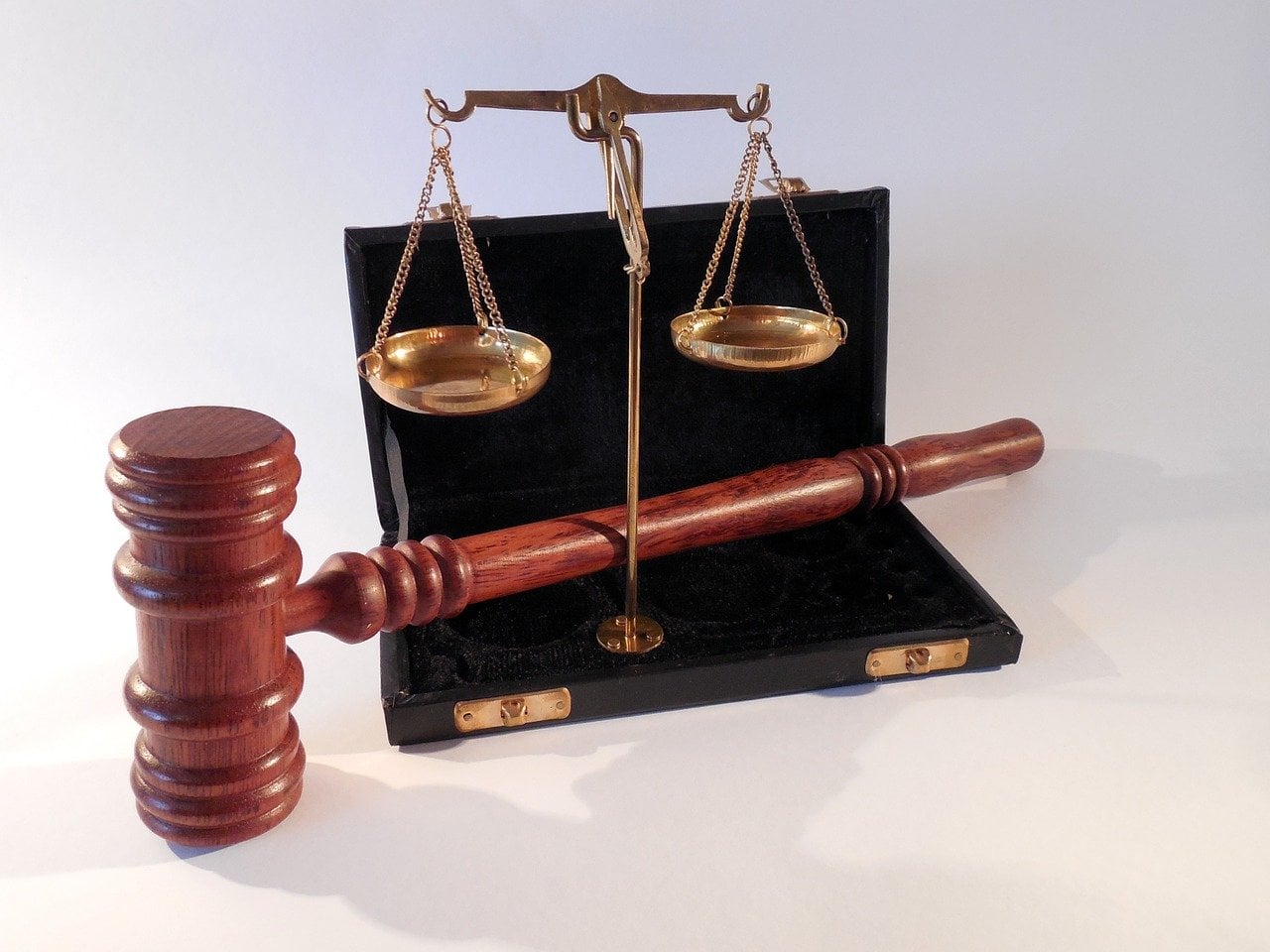GWU Law Students Worried About Ultra-Liberal Faculty; George Washington is One of the Most Liberal Law Schools in the Nation
Law Students Worried About Being Penalized
WASHINGTON, D.C. (September 12, 2022) – Conservative and libertarian students are worried that they will be penalized by their overwhelmingly liberal law professors at the George Washington University [GWU] Law School; one of the most liberal in a nation already filled with overwhelmingly liberal law schools, according to new reports.
Q2 2022 hedge fund letters, conferences and more
The National Jurist has just reported that of all the American law schools it was able to rank, 89% "fall on the liberal side of the divide." More precisely, 4 were "Most Conservative," 14 were "Conservative," 23 were "Moderate," 80 were "Liberal," and another 57 were "Very Liberal." Then, even more off to the left, were only 16 law schools - including GWU's - which were labeled "Most Liberal."
In short, over 78% of the law schools "are on the liberal side," compared with about 25% of the general population which identifies as liberal, notes public interest law professor John Banzhaf.
While the largest of the three political-ideology groups in the general population is conservative [liberal = 25%, moderate = 35%, and conservative = 36%], fewer than 10% of law schools are classified as either conservative or very conservative. By way of contrast, another survey shows that 35% of lawyers - just about equal to their percentage in the general population - identify as conservative.
GWU law students who identify as conservative or libertarian are worried that they will be penalized by their liberal law professors if they speak freely in their classes, at least according to GWU law professor Jonathan Turley. He wrote:
"With the start of classes at George Washington Law School, I have already had visits to my office of conservative and libertarian students asking if I thought they could speak freely in other classes without being penalized by professors. Despite teaching for decades, it is a question that I never heard from students until the last few years. It is now routine."
He notes that what is happening at his law school is happening on many campuses.
He suggests that "it is the widespread fear of conservative students who have faced faculties with overwhelmingly liberal viewpoints and growing intolerance on virtually every campus. Now a new study at North Carolina confirms how conservative students routinely 'self-censor' and do not feel comfortable sharing their views in classes. Not surprisingly given the heavy liberal makeup of faculties, liberal students feel little such fear over retaliation."
Prof Turley also points to another study which he says "finds that only nine percent of law school professors identify as conservative at the top 50 law schools"; a very sharp [40%] drop from fifteen percent only a few years ago in 2017.
Adoption Of Woke Policies
Earlier, when the American Bar Association [ABA] surveyed law students, one reported that "to express conservative political beliefs in my school would be to commit academic suicide... One professor in particular has taken it upon himself to lower the grades of people who disagree with him, in or out of class."
Another student called his law school "a bastion of 'political correctitude' enforced by a coterie of self-appointed professors kowtowing to this fascism of the left."
By all indications, things seem to have gone even further left from the moderate center, with law schools themselves adopting "woke" philosophies. Thus a Wall Street Journal piece explained "Why the Lawyers Cartel is Pushing For Woke Law Schools," and the Heritage Foundation asked, apparently rhetorically, "Are Law Schools Now Woke Factories."
As a few examples of such recent developments, GWU Law School now has an Associate Dean for Justice, Equity, Diversity, and Inclusion [JEDI], and the American Association of Law Schools [AALS] has a "Section for Law School Diversity, Equity, Inclusion, and Belonging Professionals" which is chaired by someone from GWU's law school. Meanwhile, GWU's student newspaper just announced "plans to prioritize diversity, equity and inclusion."
So, especially with the rapid growth of a so-called "cancel culture" - where students as well as faculty can be investigated, disciplined, or even fired or expelled for expressing controversial views on or off campus, in public and even in private - it should be no surprise that many students are worried about being penalized for their views, and are increasingly concerned about what they may say or communicate in any way, even off campus and in private.
For example, at GWU one law student was referred for investigation for daring to use the word "Jew" in a private conversation, a member of a Jewish fraternity was suspended and was due to be expelled (before there was world-wide condemnation and threats of legal action) for briefly displaying an ancient religious symbol which another student momentarily mistook for a German swastika, and several students were investigated just for putting up posters by a famous artist which were critical of Communist China's human rights abuses.
But, to its credit, GWU did refuse to cave into demands by radical students following Trump's election, and more recently affirmed its willingness to have Supreme Court Justice Clarence Thomas continue to teach a popular law school course despite thousands who demanded that GWU fire him.
The fear a growing number of students now face on campus was dramatically illustrated in a new report by the Foundation for Individual Rights and Expression [FIRE]. It reported that "Majorities [of students] say campus speakers with non-liberal viewpoints should not be allowed on campus," and that "63% of students fear reputational damage if they speak their minds."
The free speech organization explains "that so many students are self-silencing and silencing each other is an indictment of campus culture . . . , How can students develop their distinct voices and ideas in college if they’re too afraid to engage with each other?”













